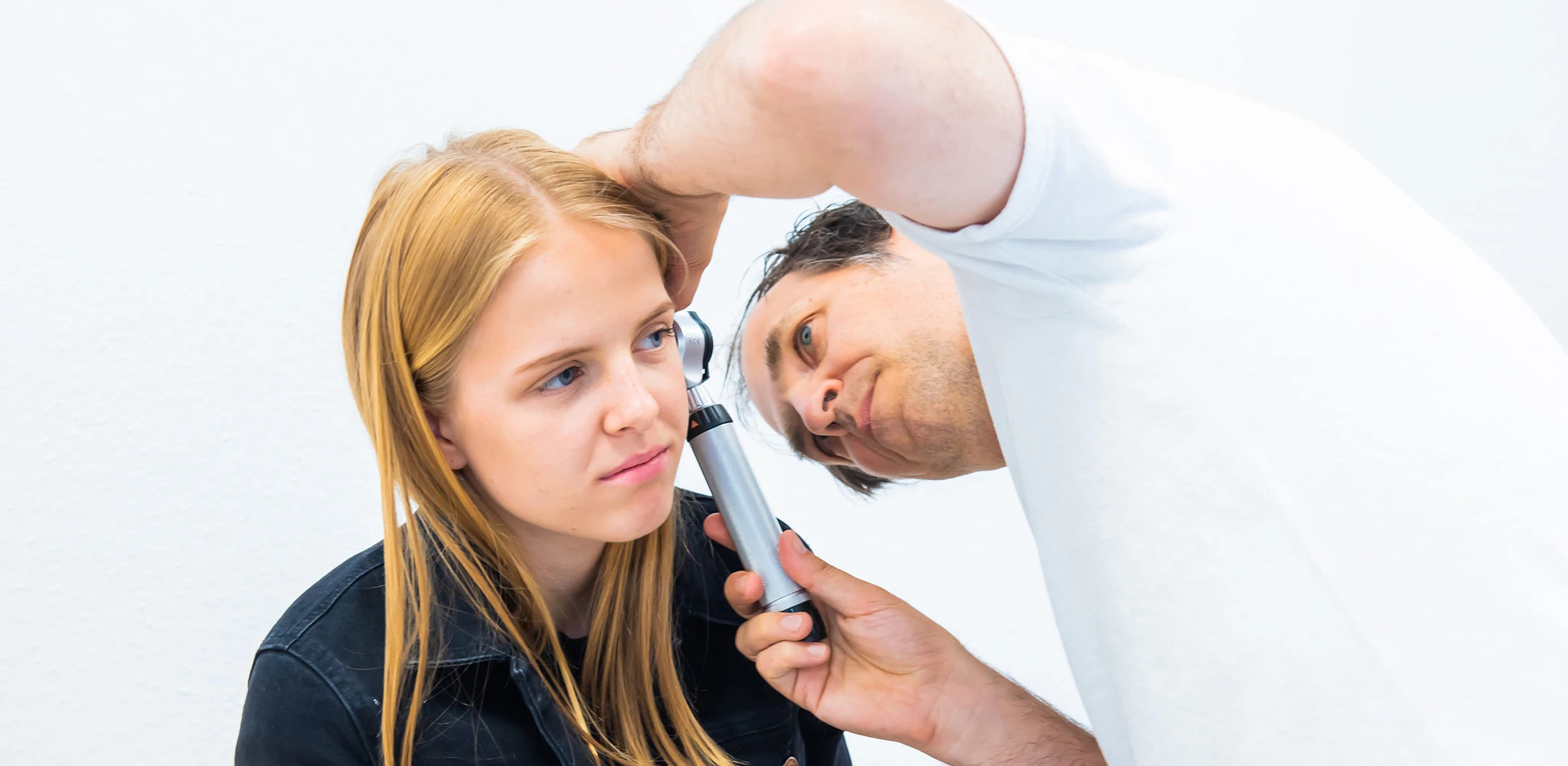When you suddenly get cold feet...
Today we have a medical history from the category: small, but very annoying. It is the so-called Raynaud's syndrome. The result: cold fingers and toes.
Maurice Raynaud was a French doctor who lived in the middle of the 19th century. He discovered this clinical picture, in which the tips of the fingers or toes suddenly become very pale, almost bluish and cold, which is also very unpleasant and painful.
This phenomenon occurs because the blood circulation at the ends of the body is suddenly incorrectly regulated. A distinction is made between the very common primary form (which mainly affects girls between the ages of 12 and 15) and the rather rare secondary form. The latter often occurs in younger children (under the age of ten) and is also highly familial. In this form, it is essential to clarify whether it is not an autoimmune disease. This must therefore always be discussed with a doctor.
The typical and frequent primary Raynaud's syndrome in young girls, on the other hand, has no significant physical causes. Apart from the fact that it leads to this dysregulation of blood flow. The therapy is simple. It consists of putting on warmer clothes (gloves, a second pair of socks, etc.). You can also take alternating baths for your hands and feet to train the vascular system. And if the clinical picture is very pronounced, you can also use ointments or medication. Please consult your paediatrician before doing this.
Further interesting tips
Meningococcus I
Infections with meningococci (bacteria that can cause dangerous meningitis, for example) are fortunately very rare and fortunately we can also do a lot to prevent them with vaccinations (more on this in Part II).
Constraints
Where does compulsive behaviour begin - what are normal rituals? Doc spoke about this with Frank Köhnlein, a specialist in child and adolescent psychiatry and psychotherapy. Here are the most important points from the conversation.
Febrile seizure
Today we have a topic from the category "The Stephen King of paediatrics". In other words: sheer horror. It's about febrile seizures.
